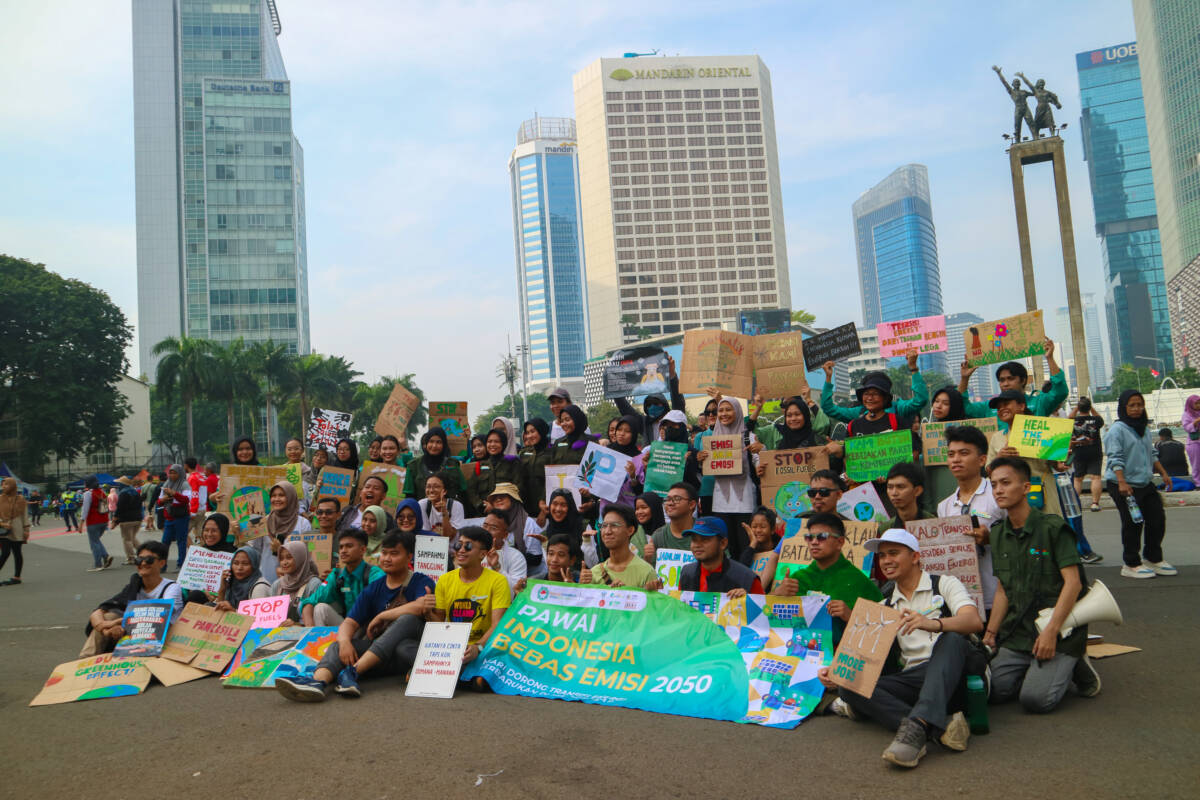Jakarta, 2 June 2024 - Young people have flexibility and the desire to be involved in activities that interest them. One of the current concerns for young people is environmental issues.
Young people's anxiety about the increasingly disturbing environmental conditions was expressed in poster messages carried at the Emission Free Indonesia 2050 parade (2/6/2024) in…

